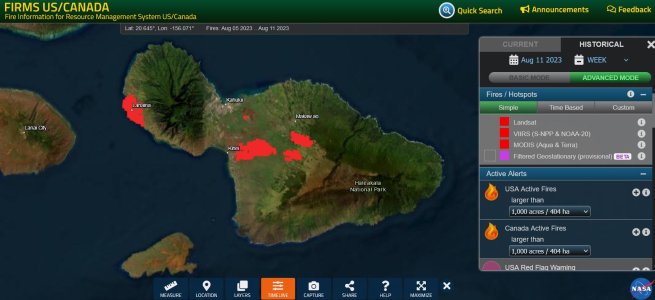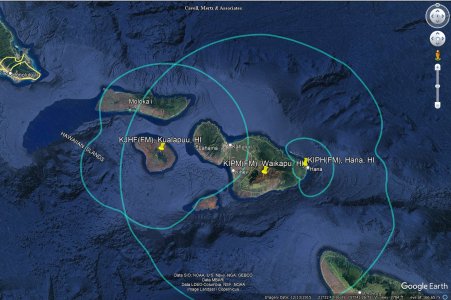The deadly Maui wildfires were one of those rare incidents that simultaneously knocked out power, cell phones and 9-1-1 service during a disaster. This is exactly the kind of scenario that radio -- especially AM radio -- always presents as the case for its importance in an emergency.
Can anyone with firsthand knowledge describe how radio in Maui responded to this situation, whether EAS was activated and which stations stayed live on the air to help direct people to safety? It would be especially interesting to hear accounts of how radio saved lives amid this tragedy.
Can anyone with firsthand knowledge describe how radio in Maui responded to this situation, whether EAS was activated and which stations stayed live on the air to help direct people to safety? It would be especially interesting to hear accounts of how radio saved lives amid this tragedy.









/cloudfront-us-east-1.images.arcpublishing.com/gray/MS4R4W5YERCGLEGMJML6UYWNBM.JPG)